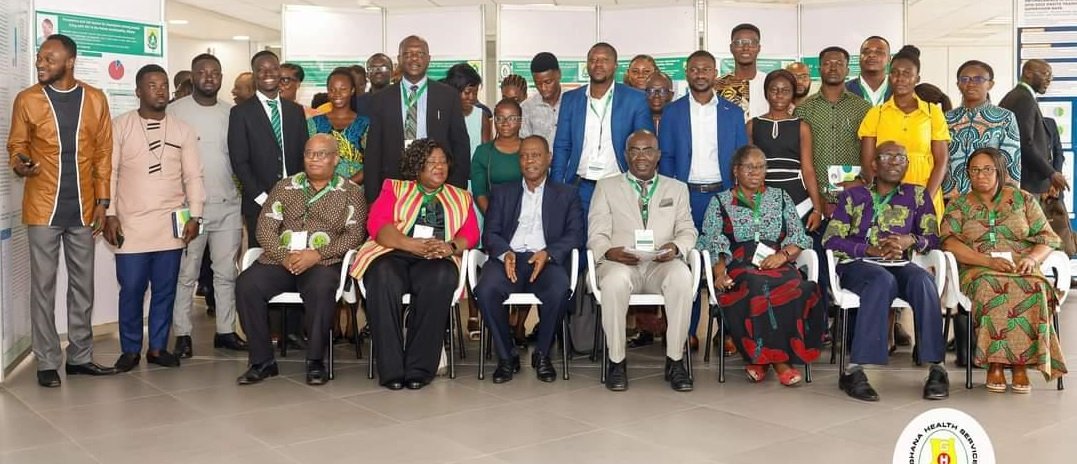The Ghana Health Service (GHS)is in the process of establishing two health research centres in the country inorder to advance innovations towards improved service delivery and health outcomes.
The centres, to be instituted in the Savannah and Western North Regions, would focus on studies relevant to the disease profiles within those areas, to shape policy and strategies towards safeguarding the health and wellbeing of citizens.
They would complement the three health research institutions; Navrongo, Dodowa and Kintampo health centres, currently sited in the three ecological zones of the country to undertake complex policy related research.
Dr Patrick Kuma-Aboagye, the Director-General of the GHS, made the disclosure at the opening of this year’s Health Research Dissemination Forum on the theme; ‘Driving participation, innovation and excellence in the Network of Practice; the role of health research.’
He said the assessments on the proposed sites had been conducted and work would soon start to develop them into full-blown research centres.
The Director-General pointed out the significant contributions of the Research and Development Division (RDD) towards quality and accessible healthcare delivery in Ghana.
“Following Ghana’s commitment to manufacture vaccines locally to reduce the burden of disease, I see the infrastructure developed at the Kintampo, Navrongo and Dodowa, useful for the immediate evaluation of the safety of the new vaccines in the country.
I am therefore excited about the recent engagement with the Ghana Vaccine Institute to chart the pathway towards vaccine development in Ghana, and we will count on our researchers and scientists to spearhead studies in that direction.”
Dr Kuma-Aboagye courted the support of collaborators, funders, local communities and otherstakeholders in advancing health research in the country, as Ghana strives in pursuit of innovative solutions towards addressing health challenges facing the populace.
In a presentation on Ghana’s journey towards improving primary healthcare within the “network of practice”, renowned public health physician, Professor Irene Agyapong, acknowledged how research themes around community involvement in health system strengthening and interventions birthed concepts like the Community-based Health Planning and Services (CHPS).
She stressed the need for upcoming researchto focus on“geographical dynamics” and its impact on persisting and emerging health challenges in the country in order to close the gaps in policy decisions considered.
“We must rationalise our system such that we look at what works in the urban areas and what works in the rural areas so that we can put essential resources together for better health outcomes,” she stated.
Dr Abraham Oduro, the Director of the RDD, in a remark shared on his behalf, expressed the resolve of the Division continue championing health policies and programmes to make a difference in the wellbeing of citizens and national development at large.
He indicated that over the three-days of the conference, about 50 abstracts spanning various themes that delve into key issues, specifically around malaria, TB and HIV would be proritised to help reduce prevalence and improve treatment outcomes.
“As the mandate of the division is to coordinate, harmonise, strengthen and support the conduct of research in the GHS for policy decision making, the abstracts that will be presented, some of which you’ve seen earlier on, will help us make decisions for service delivery and also to sustain gains made,” Dr Oduro noted.
BY ABIGAIL ANNOH



















Discussion about this post